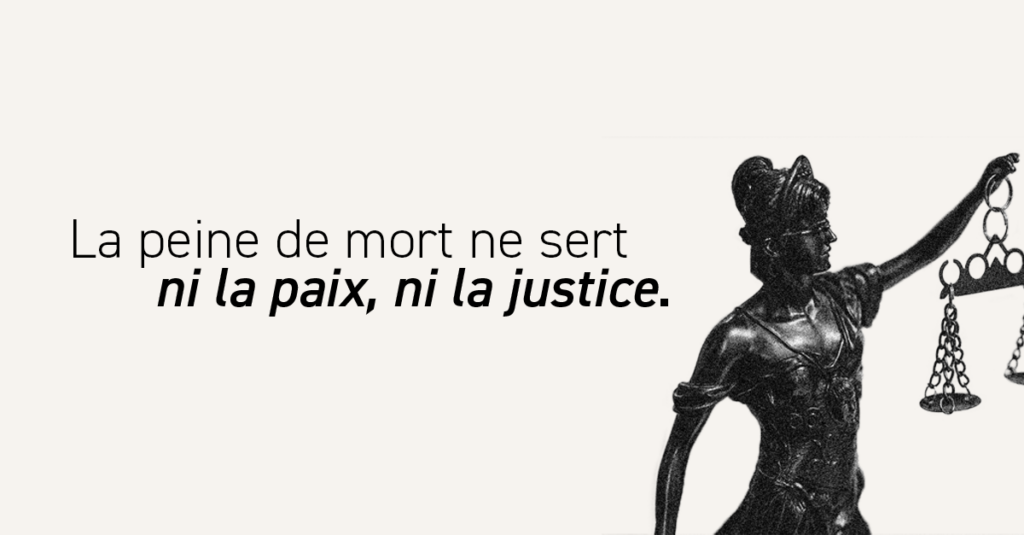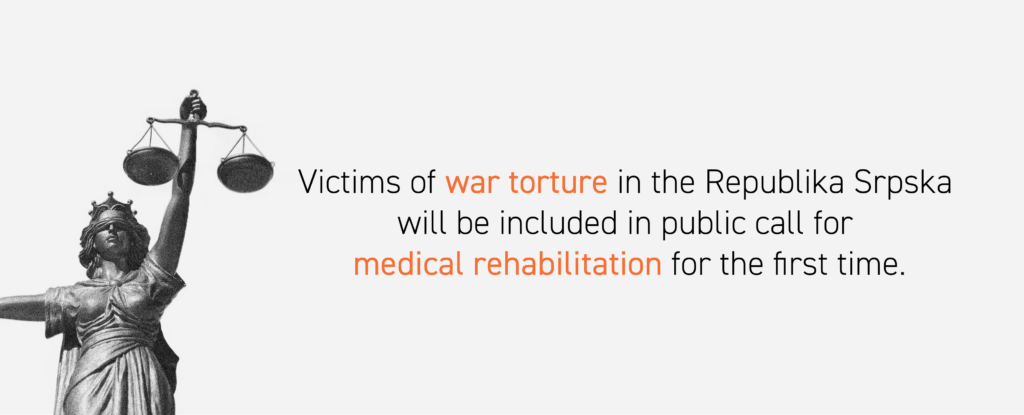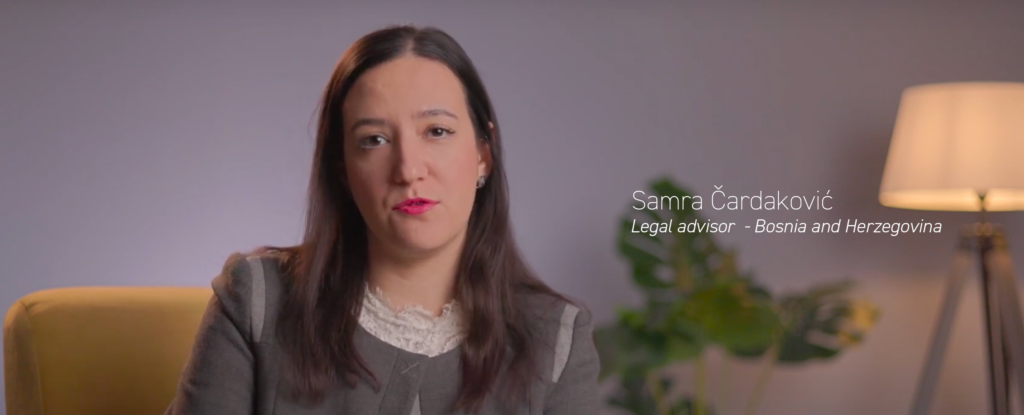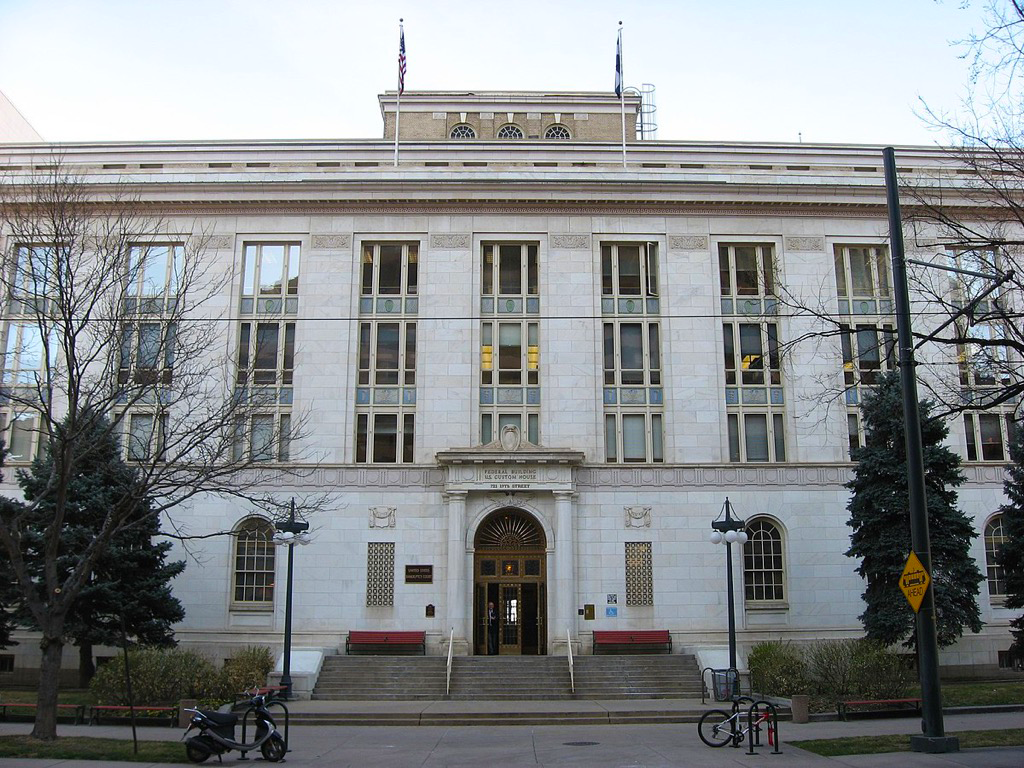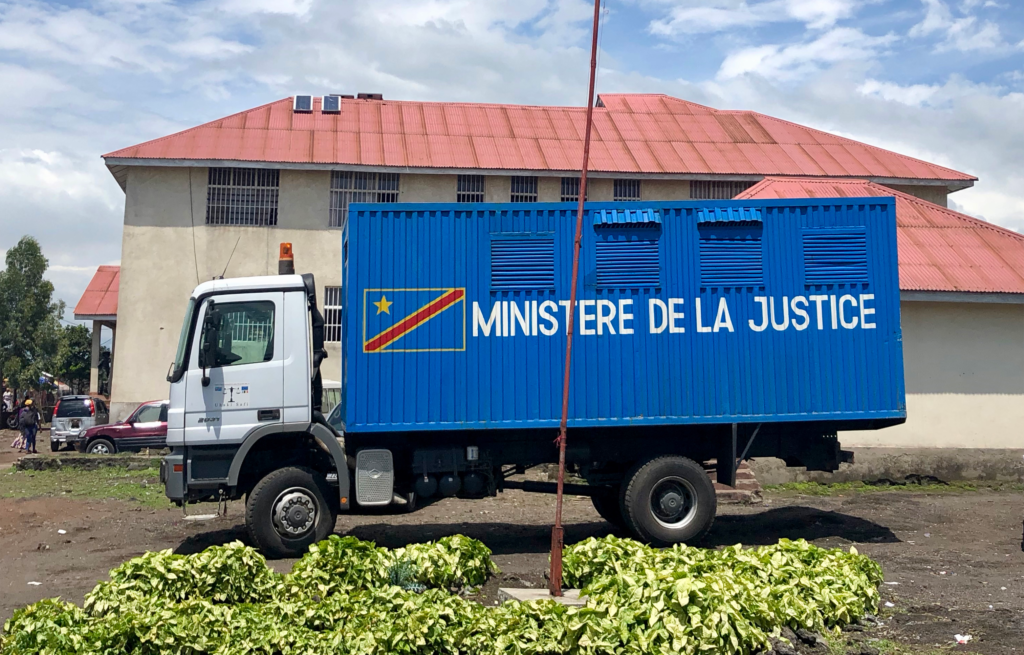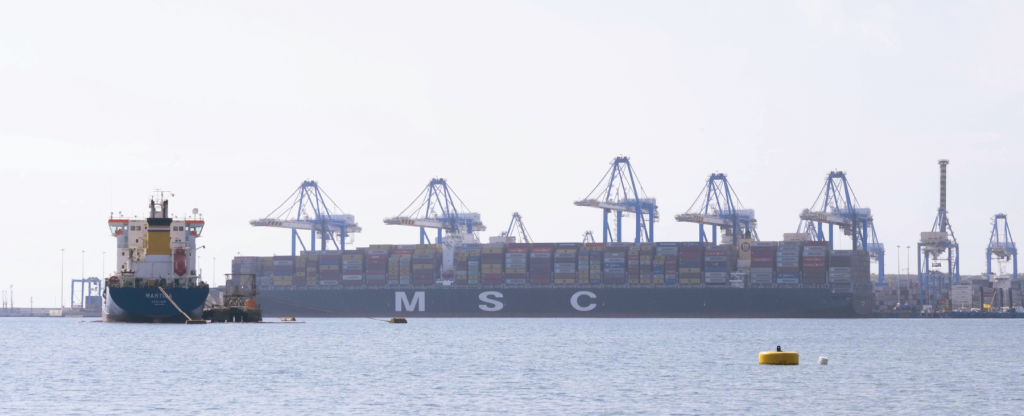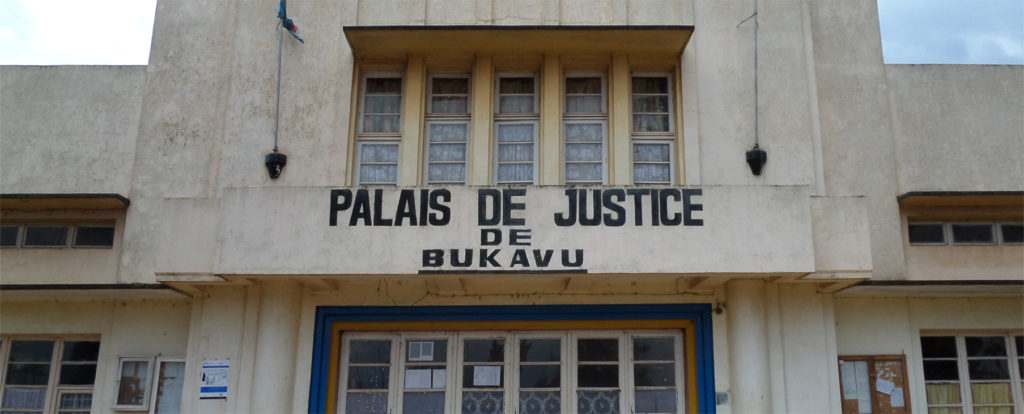Case Omar N’dour v. Morocco
Introduction
In November 2014, TRIAL and ASVDH (Saharawi Association of Victims of Grave Violations of Human Rights Committed by the Moroccan State) submitted a communication to the Committee against Torture on behalf of Mr. Omar N’dour.
On 8 November 2010 Moroccan security forces dismantled the Saharawi protest camp known as Gdeim Izik, near El Aaiún, in Western Sahara. This triggered manifestations and led to the arrest by Moroccan security forces of approximately 200 Saharawi, including Mr. Omar N’dour.
Mr. Omar N’dour was arrested in the night of 11 November 2010 by a group of heavily armed members of Moroccan security forces. He was then subjected to severe torture, including beatings, threats of death, forced nudity, and suspension in the air by means of a rope attached to his wrists. He was also raped twice by insertion of objects in his anus. He was maintained blindfolded and handcuffed. Security agents subjected him to repeated interrogations with the aim to obtain information on Saharawi activists. Eventually, he was forced to sign a confession concerning his alleged participation in violent acts committed in the aftermath of the dismantling of Gdeim Izik.
When he appeared for the first time before the investigative judge, Mr. Omar N’dour reported having been subjected to torture and claimed his confession was not genuine and had been extracted under torture. Nevertheless, and despite other subsequent repeated complaints, Moroccan authorities never conducted an investigation into his allegations nor ordered an independent medical examination. As of today, no one has been prosecuted and sanctioned for the crimes concerned.
Mr. Omar N’dour was held in pre-trial detention until 17 May 2011 in the notorious detention facility known as the “Black Prison”. He was subjected to inhumane conditions of detention, including severe overcrowding and poor hygienic conditions. Despite his critical state of health, he was not subjected to medical examination nor obtained the necessary treatment until April 2011.
Mr. Omar N’dour today suffers from physical and psychological impairments, including insomnia, attention disorders, and post-traumatic stress syndrome. As a consequence of the torture inflicted on him, Mr. N’dour was unable to successfully terminate his studies.
Mr. Omar N’dour requests the Committee against Torture to:
- Recognize that Morocco has violated numerous provisions of the Convention against Torture and Other Cruel, Inhuman or Degrading Treatment or Punishment;
- Recognize that he has been tortured by Moroccan security forces who, amongst other things, extracted confessions from him through such means;
- Declare that Morocco has failed to carry out adequate investigations into the crimes concerned;
- Hold Morocco responsible for not prosecuting and sanctioning those responsible and for failing to grant him any form of reparation for the harm suffered;
- Hold Morocco responsible for the inhumane conditions of detention to which he was subjected to during his stay at the Black Prison between 12 November 2010 and 17 May 2011;
- Urge Morocco to carry out an investigation into his torture claims, offer him adequate compensation, medical and psychological treatment, as well as other measures of reparation.
On 11 August 2016, the Committee against Torture issued a decision declaring the case admissible.
On 19 November 2021, the CAT adopted its decision on the merits of the case N’dour v. Morocco. The CAT found violations by Morocco of numerous provisions of the Convention against Torture.
The CAT urged Morocco to:
a- Provide Mr. Omar N’dour with fair and adequate compensation, including the means for the fullest rehabilitation possible;
b- initiate a thorough and impartial investigation into the incidents in question, in full conformity with the guidelines of the Manual on the Effective Investigation and Documentation of Torture and Other Cruel, Inhuman or Degrading Treatment or Punishment (Istanbul Protocol), with a view to bringing those responsible for the victim’s treatment to justice; and
c- refrain from any form of pressure, intimidation or reprisals likely to harm the physical and moral integrity of Mr. N’dour and his family.
Morocco has 90 days to inform the Committee on the measures undertaken to implement the decision.
The General Context
The facts of the present case must be read in the general context of the gross human rights violations committed by Moroccan security forces in Western Sahara. In particular, the arbitrary arrest and torture of Mr. Omar N’dour took place in November 2010, in the aftermath of the dismantling of the Gdeim Izik protest camp near El Aaiún, Western Sahara. These events caused a wave of violence that led to the death of 11 members of Moroccan security forces and of two Saharawi, and to the arrest of 200 Saharawi. The majority of those arrests were arbitrary and detainees were subjected to torture and endured inhumane conditions of detention. As of today, not a single member of the Moroccan security forces has been prosecuted and sanctioned for the crimes concerned.

